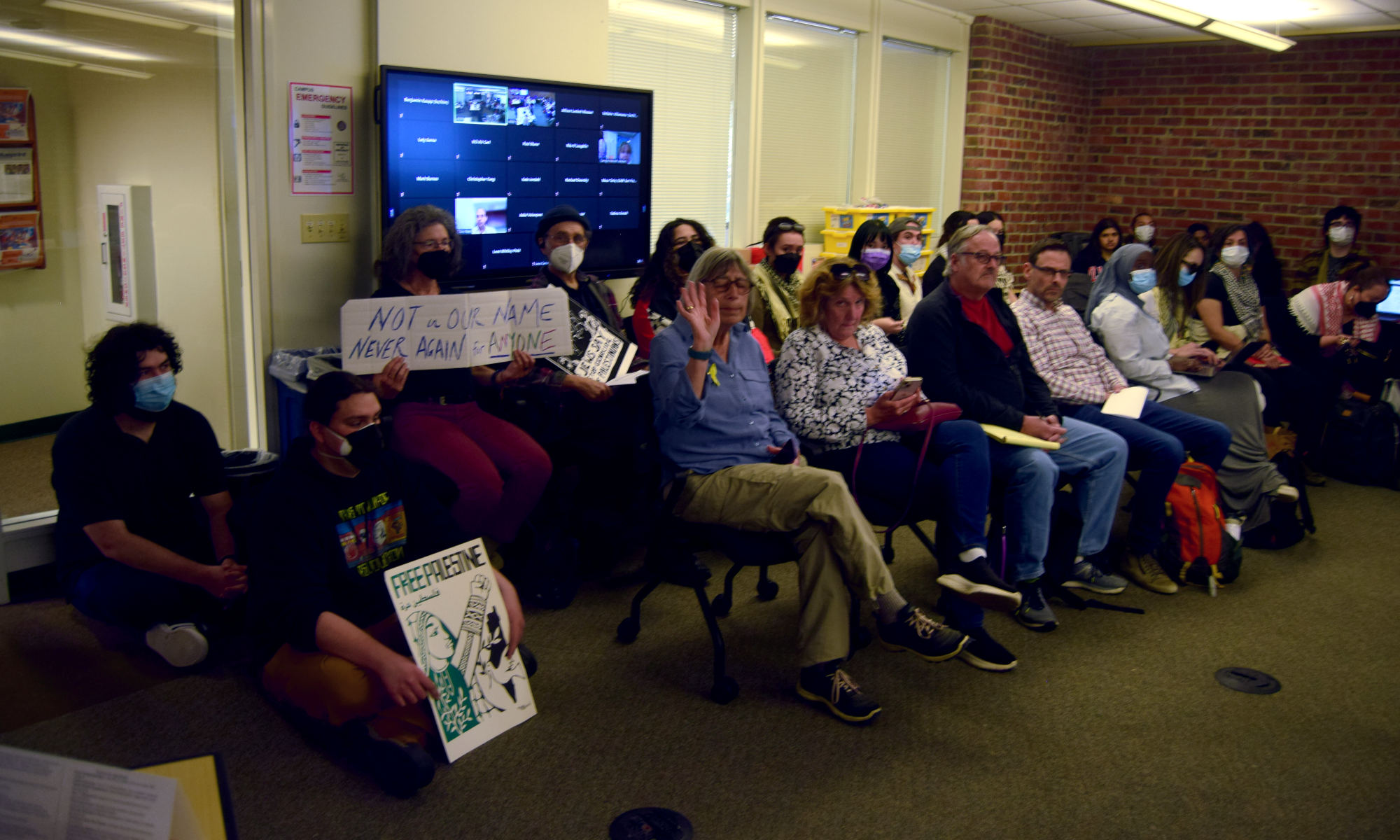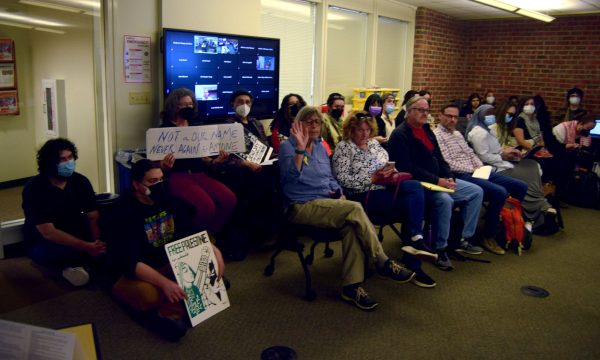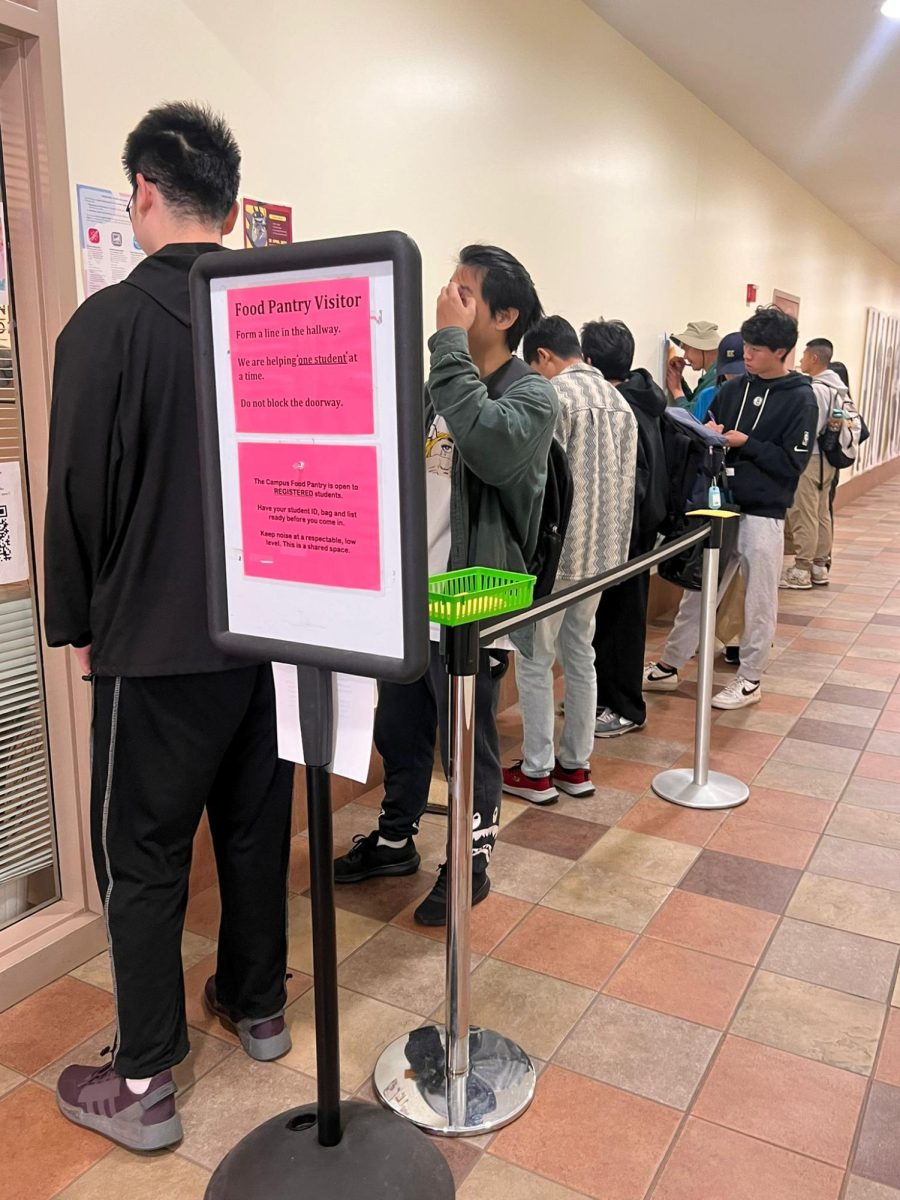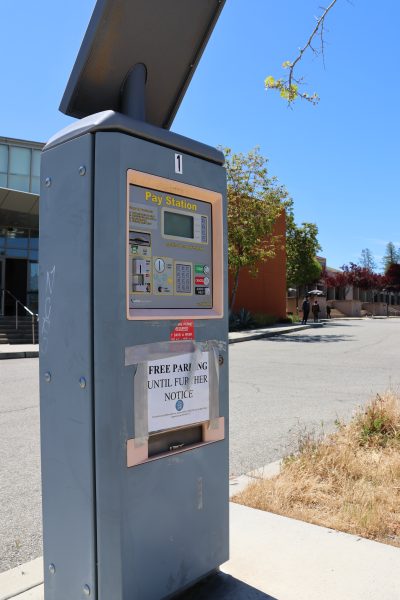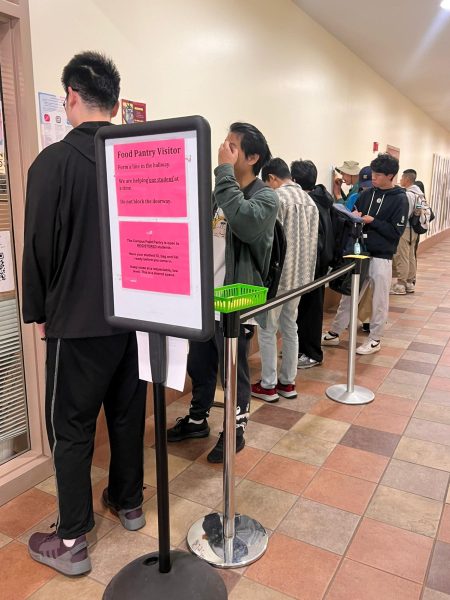Politics and the Super Bowl – chewing a pill too big to swallow
February 15, 2017
Super Bowl commercials have become the latest victim of extreme politicization. Two commercials stood out from the rest by featuring pro-immigrant advertisements in the midst of a political climate deeply divided over immigration law. Specifically, Budweiser aired a mostly fictional story of their founder traveling to America to brew, while 84 Lumber’s ad followed a mother and daughter’s odyssey to America in search of a better life.
The widespread disdain toward non-white outsiders, which in turn has created massive backlash toward these advertisements, is no doubt repulsive, but caution should also be exercised when critiquing the placement of such politicization. Understanding the complexities of political institutions and society are no doubt essential, yet it is alarming that every facet of society has become so politicized; ironically, this desire to achieve an elevated political consciousness actually turns many off from the importance of politics.
Football — what was once simply a calming means of unwinding from the harsh winds of an oppressive world — has now become another headline news center for political drama.
President George H. W. Bush and his wife practically wheeled themselves out of a hospital to prepare for hosting the game. New England Patriots owner, Robert Kraft, and quarterback, Tom Brady, received sharp criticism for their support of Donald Trump, even to the point of losing thousands of dedicated fans.
Meanwhile, the NFL Players Association publicly opposed President Trump’s immigration ban three days before the game, with the NFLPA’s president saying “Our Muslim brothers in this league, we got their backs.”
Let’s not forget the veterans and active service members that are frequently honored before NFL games, except that’s an advertisement too – the Department of Defense paid NFL teams over $5 million over four years for those promotions.
Even though it’s an America’s pastime, football, and other similar mindless outlets, provide the role of allowing us to escape whenever we need a break from reality, and for nearly three hours on Sunday, America got its break, except for those commercials. If we keep getting nagged about an issue, even if we’re generally supportive, t will eventually become incessant to the point of promoting nihilism.
When Meryl Streep spoke out at the Golden Globes, she turned a relaxing event of celebrating fawning into a political shitstorm which redirected all attention back toward Trump controversies. Even she was mostly correct, the efficacy becomes questionable after such repetition as many will become desensitized.
Politics are undoubtedly more important than ever now, but for our sanity’s sake, let’s keep it to a minimum in football. That means commercials too.





